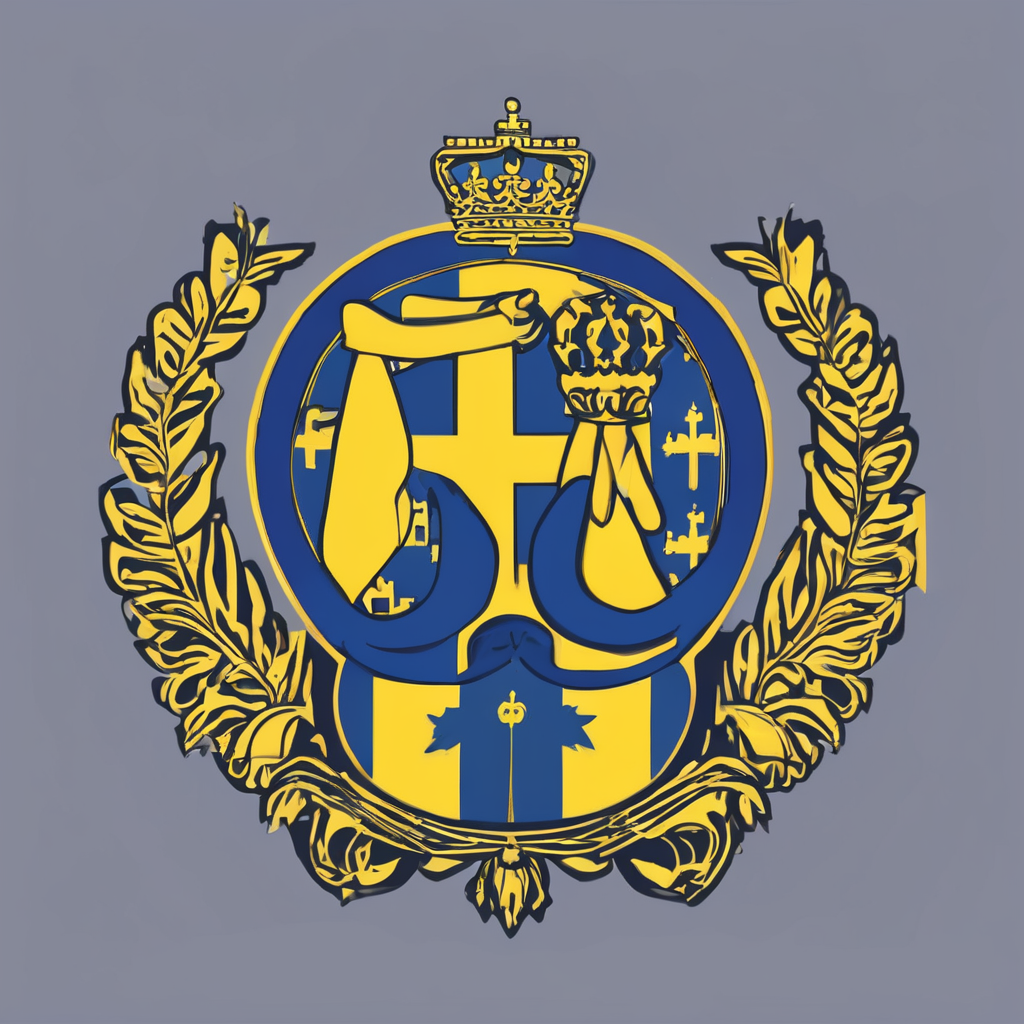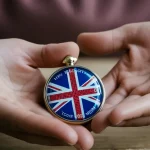Diplomatic Initiatives for Rebuilding Trust
Rebuilding international trust requires consistent and transparent UK foreign policy that clearly communicates intentions and actions. By enhancing transparency, the UK can mitigate misunderstandings and foster credibility in global forums. This approach involves openly sharing policy goals and decision-making processes, allowing international partners to engage with confidence.
Leveraging multilateral organizations and alliances is central to strategic UK foreign policy. Participation in bodies like the United Nations, NATO, and the Commonwealth facilitates collaborative problem-solving and reinforces commitments to shared values. Engaging actively within these platforms amplifies the UK’s voice and demonstrates a dedication to collective security and prosperity, crucial for restoring and maintaining trust.
Additional reading : What are the Possible Impacts of Brexit on the UK’s Economy?
Proactive conflict resolution and peacekeeping efforts are key mechanisms through which the UK can demonstrate diplomatic leadership. By contributing resources, expertise, and mediation in areas of conflict, the UK not only supports global stability but also strengthens its international reputation. These initiatives highlight a commitment to peace and security, which is indispensable in nurturing positive international relations and reinforcing the UK’s role as a reliable partner.
Promoting Trade and Economic Partnerships
Expanding UK trade policy to include free trade agreements with emerging markets is essential for boosting economic growth and enhancing the UK’s global influence. By negotiating agreements that reduce tariffs and regulatory barriers, the UK can facilitate smoother trade flows and diversify its export destinations. This approach directly supports global economic partnerships, allowing British businesses to access new consumer bases and investment opportunities.
Also to read : How are UK cities evolving to meet sustainability goals?
Supporting innovation hubs and attracting foreign investment are pivotal components of these economic partnerships. The UK’s reputation as a center for technology and research can be leveraged to draw global capital, fostering a dynamic ecosystem where startups and established companies thrive. Such investment initiatives not only create jobs but also strengthen technological collaboration internationally, reinforcing the UK’s position in high-value sectors.
Fostering sustainable development goals through trade is another key aspect. This means encouraging trade practices that promote environmental responsibility and social equity. By integrating sustainability into its trade agreements and partnerships, the UK encourages responsible business practices abroad, which enhance the global economic landscape and align with its broader foreign policy objectives. This commitment also improves the UK’s credibility and reputation as a forward-thinking trade partner.
Advancing Cultural Diplomacy and Soft Power
Cultural diplomacy stands as a vital pillar in shaping the UK’s soft power and reinforcing its global influence. By showcasing UK culture through its creative industries and education exports, the country projects a vibrant and dynamic image that resonates internationally. British music, film, literature, and fashion serve as cultural ambassadors, while education exports, including universities attracting international students, deepen educational and cultural ties worldwide.
Supporting international cultural exchanges and partnerships further enriches international collaboration, fostering mutual understanding and trust. Programs that facilitate artist residencies, student exchanges, and joint heritage projects create lasting interpersonal connections that underpin stronger diplomatic relations. These exchanges are essential for breaking down stereotypes and building networks beyond governmental channels.
Utilizing global media platforms to promote British values and celebrate diversity reinforces the UK’s soft power narrative. Through targeted outreach and storytelling, the UK conveys messages of inclusivity, innovation, and cultural richness. This media engagement complements diplomatic efforts by shaping public opinion and enhancing the UK’s global reputation strategies. In sum, prioritizing cultural diplomacy advances not only mutual respect but also tangible diplomatic and economic benefits.
Enhancing Media Communications and Transparency
Effective UK media strategy is pivotal for strengthening the country’s global reputation. Adopting transparent and timely government communications helps build trust both domestically and internationally. Clear messaging on foreign policy decisions reduces ambiguity, allowing global audiences to understand the UK’s intentions without conjecture. Transparency in communication acts as a foundation for credible public diplomacy, which is increasingly vital in today’s fast-moving information environment.
Collaborating with global media outlets enhances the accuracy and reach of the UK’s narratives. By engaging with international journalists and news organizations, the UK ensures its perspectives on critical issues are fairly represented. This collaborative approach counters misinformation and supports balanced reporting, fostering nuanced understanding of UK policies within international forums and among foreign publics.
Combating misinformation remains a persistent challenge in global communications. The UK addresses this by promoting factual narratives and swiftly correcting false information relating to its policies and actions. This involves coordinated efforts between government communication teams and media partners to monitor and respond to inaccuracies. Maintaining consistent, truthful messaging reinforces the UK’s credibility and supports broader global communications objectives.
Together, these initiatives align with the UK’s broader foreign policy goals by reinforcing openness and accountability. By prioritizing transparency and collaboration within its media strategy, the UK not only enhances its global reputation but also strengthens relations with key international partners. This multi-faceted approach ensures that the UK’s voice remains influential and trustworthy on the world stage.
Leadership in Climate Action and Sustainability
The UK’s climate policy demonstrates strong environmental leadership by committing to ambitious targets that reduce greenhouse gas emissions. Central to this effort are clean energy initiatives focusing on expanding renewable sources such as wind and solar power. These projects not only help the UK transition to a low-carbon economy but also signal the country’s dedication to global sustainability.
Supporting international climate finance is another cornerstone, where the UK provides resources to help developing nations implement green technologies and adapt to climate impacts. This financial support accelerates technology transfer and capacity-building abroad, fostering collaborative progress in environmental stewardship. In addition, the UK’s active role in hosting and leading global climate summits facilitates international dialogue and partnership. These summits serve as platforms to align policies, share innovations, and mobilize collective action toward common environmental goals.
By integrating these approaches, the UK reinforces its position as a key player in global sustainability while advancing its broader foreign policy agendas. This leadership encourages other nations to raise their climate ambitions, contributing to a worldwide movement toward a more sustainable future.
International Cooperation and Development Aid
International cooperation through UK international aid is a fundamental element in advancing the country’s development strategy and strengthening global partnerships. The UK aligns its overseas aid programs closely with international human rights and development goals, ensuring that assistance promotes social justice, poverty alleviation, and sustainable growth worldwide. This alignment helps the UK demonstrate commitment to shared values, which enhances its credibility in international relations and supports broader foreign policy objectives.
Building effective partnerships with NGOs and multilateral agencies is crucial in maximizing the impact of UK aid efforts. Collaboration with experienced organizations allows for efficient resource allocation and expertise sharing, widening the reach and effectiveness of humanitarian and development projects. These partnerships also enable the UK to respond flexibly to complex challenges, from public health crises to infrastructure development, furthering its reputation as a reliable and compassionate global actor.
Enhancing disaster response and humanitarian assistance capabilities is another priority within the UK’s international aid framework. Rapid and well-coordinated responses to emergencies not only save lives but also reinforce the UK’s standing in global affairs. By investing in preparedness and logistics, the UK can deliver timely aid and support resilience-building in vulnerable regions, thereby upholding its role as a proactive partner in global stability and development. This comprehensive approach to aid exemplifies the UK’s strategic use of development assistance to foster goodwill and strengthen international cooperation.
Addressing Challenges and Measuring Impact
Rebuilding a strong global reputation through UK foreign policy faces numerous reputation challenges both domestically and internationally. Internally, shifting political priorities and public skepticism can undermine consistency, while externally, misinformation and geopolitical tensions may distort the UK’s image. Addressing these issues requires proactive engagement and adaptable communication strategies that respond effectively to criticism without compromising core values.
Evaluating the success of diplomatic and reputational initiatives is crucial. Establishing performance metrics such as global trust indices, foreign public opinion surveys, and policy impact analyses allows the UK to measure progress accurately. These tools provide insight into how the UK’s actions resonate abroad and highlight areas needing improvement. For instance, monitoring shifts in perceptions post-conflict resolution efforts or trade agreements offers data-driven evidence of effectiveness.
Moreover, involving a diverse range of stakeholders—including international partners, expert analysts, and civil society—in feedback mechanisms strengthens these evaluations. Their perspectives help refine foreign policy approaches and enhance transparency, fostering a sense of shared ownership in reputation-building. Continuous improvement grounded in systematic measurement ensures that the UK’s global reputation strategies evolve responsively, sustaining long-term trust and influence in international relations.




